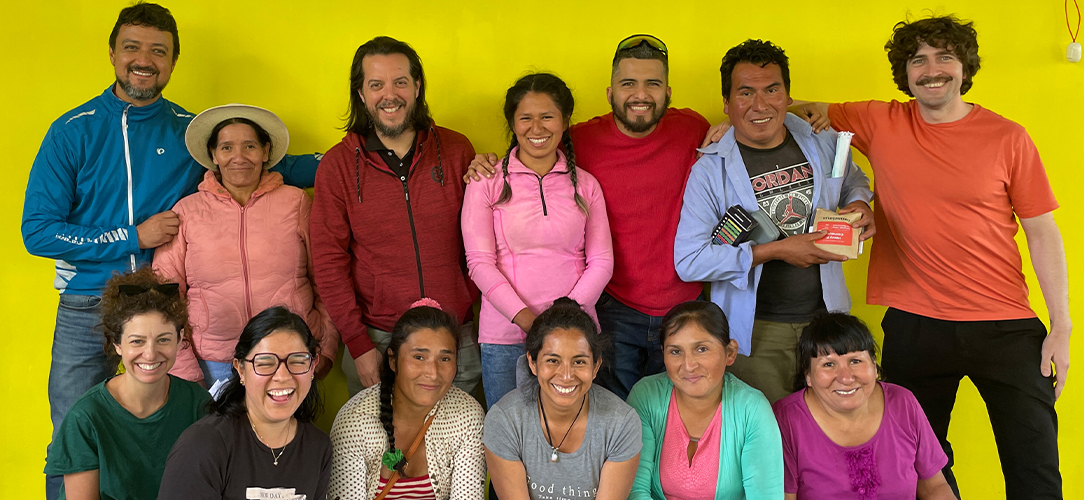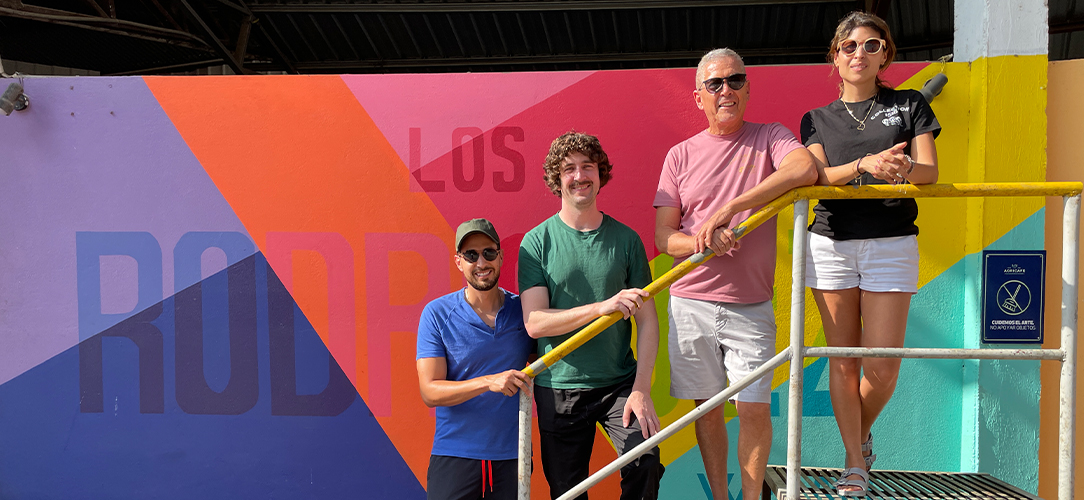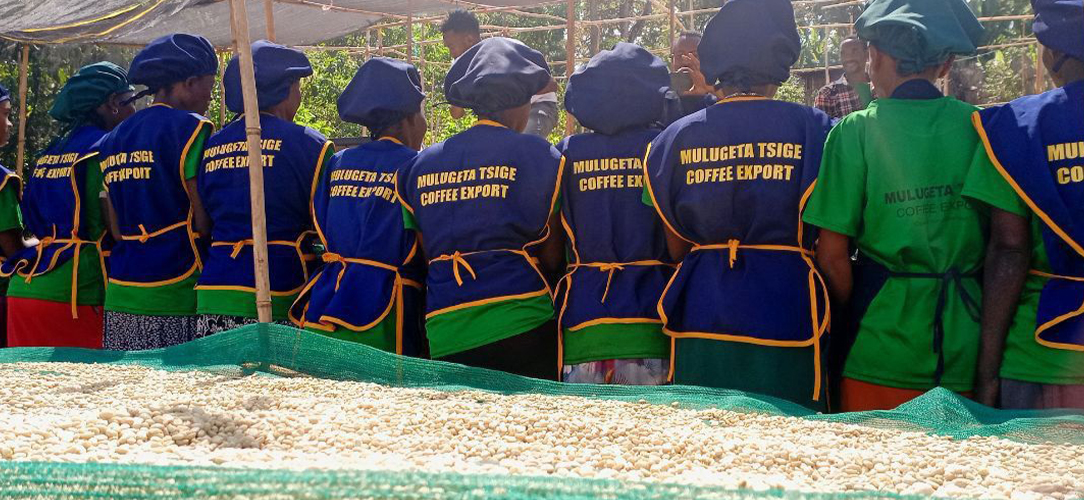Our approach to sourcing coffee is relationship-based. We focus on cultivating long-term partnerships with a small number of producers, exporters, and importers in each origin we work in. These partnerships are grounded in shared values: quality, fair pricing, transparency, regular communication, and environmental sustainability.
A central part of this model is buying as much as possible directly from producers and through trusted export partners. In some cases, this includes working with vertically integrated businesses - where the producer has also set up a business in the UK, so that they can also import the coffee themselves. So far, we’ve sourced coffees directly from Peru, Bolivia, Colombia, Brazil, and Ethiopia, and we aim to expand to new origins in the coming years.
We’re open about every step of this process — including who we buy from and how much we pay — and publish these details alongside each of our coffees. When a coffee is purchased through an importer, we share the price we paid to them. When we buy directly from producers or exporters, we go further, publishing both the price paid to the exporter and the additional costs involved in getting the coffee from origin to our roastery — such as milling, packing, exporting, shipping, and domestic transport.
Below, you can read more about some of our key partnerships.

Collective Bean, run by Cynthia and Alberto, was founded to create a more ethical way of trading coffee in Peru, based on transparent, long-term relationships between producers and buyers.
From our first meeting with Cynthia in Lima in 2022, it was clear we shared the same vision: delivering specialty coffee through an equitable supply chain. Since then, we’ve worked together to export coffees, travelling with them to meet producer partners, cupping in their lab, and building relationships together.
Collective Bean plays a central role in our Peruvian operations — from gathering samples and maintaining communication with producers to consolidating and preparing coffees for export.

Since 2021, we’ve partnered with Bee Cause We Care 365, a conservation and community development NGO based in Cusco, Peru. Their project helps small-scale producers maintain organic practices and achieve specialty-grade quality so they can access international markets.
A key part of this partnership is knowledge sharing. Together with David Bisetti — one of the pioneers of specialty coffee in Peru — we’ve run workshops on improving each stage of production, from selective harvesting to effective drying.
In 2023, one of the project’s producers, Leyvi Perez, completed an internship with our partners at Collective Bean. She trained in quality assessment and yield improvement, while connecting with experienced specialty producers. Initiatives like this support producers to strengthen their skills and build stable, viable livelihoods through coffee.

The Rodriguez family — Pedro, Daniela, and Pedro Pablo — are at the forefront of specialty coffee in Bolivia. After decades of exporting, they established their own farms under the name Fincas Los Rodriguez in 2012, each of which reserves over 30% of its land for native forest. Alongside farming, they launched Agricafe, their export company, and created Sol de la Mañana, a training programme that equips producers in Caranavi with knowledge and resources to improve both coffee quality and sustainability.
We began working with the Rodriguez family in 2023, visiting Caranavi and purchasing our first lots. We returned in 2024, and though wildfires prevented us from visiting farms, we spent time with the team at their dry mill and cupping lab in La Paz. Each year since, we’ve continued to deepen the relationship and bring more of their coffees to the UK.

In 2025, we began working with Mulugeta Tsige Coffee Export, a family-run company in Yirgacheffe, Ethiopia. Founder Mulugeta grew up on his family’s farm before dedicating years to supporting cooperatives. In 2020, he established his own washing station and secured an export licence with the aim of producing outstanding coffees while ensuring farmers are fairly rewarded.
This year marks the first time Mulugeta’s coffees have been exported to the UK. After connecting early in 2025, we quickly found alignment in values and approach. Following several conversations and harvest samples, we selected two microlots to import. We agreed pricing and shipping directly with Mulugeta’s son, Dagim, paying the family business in full — a straightforward, transparent trade that we hope is the first of many.

Inspired by the thousands of varieties of coffee that grow wild in forests, La Margarita Coffee Reserve was established by the Solorzano family in the Ocobamba Valley District in the Department of Cusco, Peru.
Utilizing the unique ecosystem on their farm, they have been at the forefront of holistic cultivation practices since 2017, working as a family and with friends in their community to produce award-winning coffees.
We met Nato, one of the Solorzano brothers, at the end of 2020, when he invited us to his family’s farm to learn about how they cultivate coffee.
We have been working with the family since then. This has allowed us to witness the development of their sustainable coffee production techniques, from growing fruit trees among coffee plants to enrich the soil and preserving bee communities, to growing coffee in the shade (helping to create an ecologically diverse environment). In parallel, they have invested in infrastructure for speciality coffee production, including setting up a cupping lab on the farm.
The results speak for themselves: in 2021 Marco Solorzano placed 6th in the Cup of Excellence and last year he placed 12th, while his nephew, Ivan, received an honourable mention.